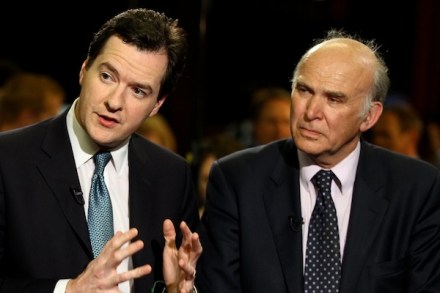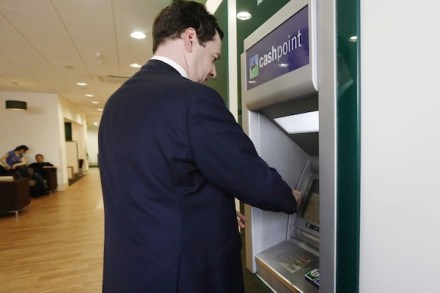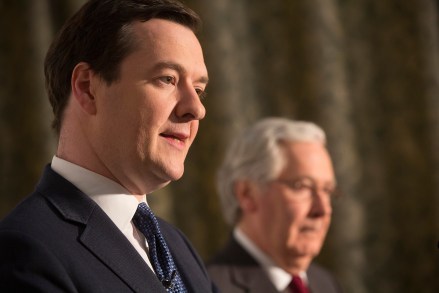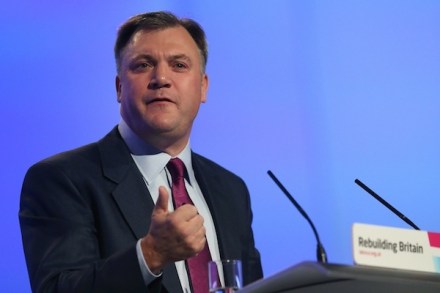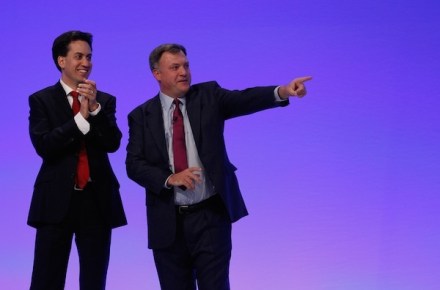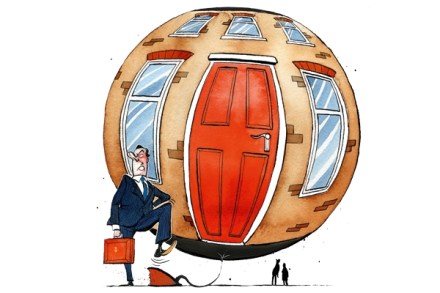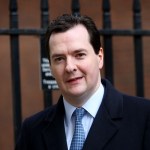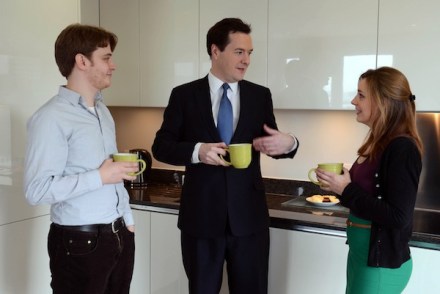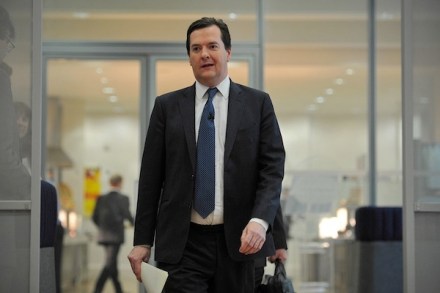Cable talks going to the wire
The Treasury is keen to downplay any sense of drama surrounding the spending review. On Marr this morning, George Osborne declared that he was ‘confident’ that he and Vince Cable would agree the BIS budget ‘in short order.’ He emphasised that the differences between them were not that large. Indeed, I’m informed that the differences between Treasury and BIS are over capital not current spending, making them easier to resolve. Osborne and Cable have only begun to speak directly in recent days. Up until Thursday, Osborne had been leaving the negotiations to Danny Alexander. Despite Osborne’s protestations, it looks like the BIS budget will go down to the wire. Cable
